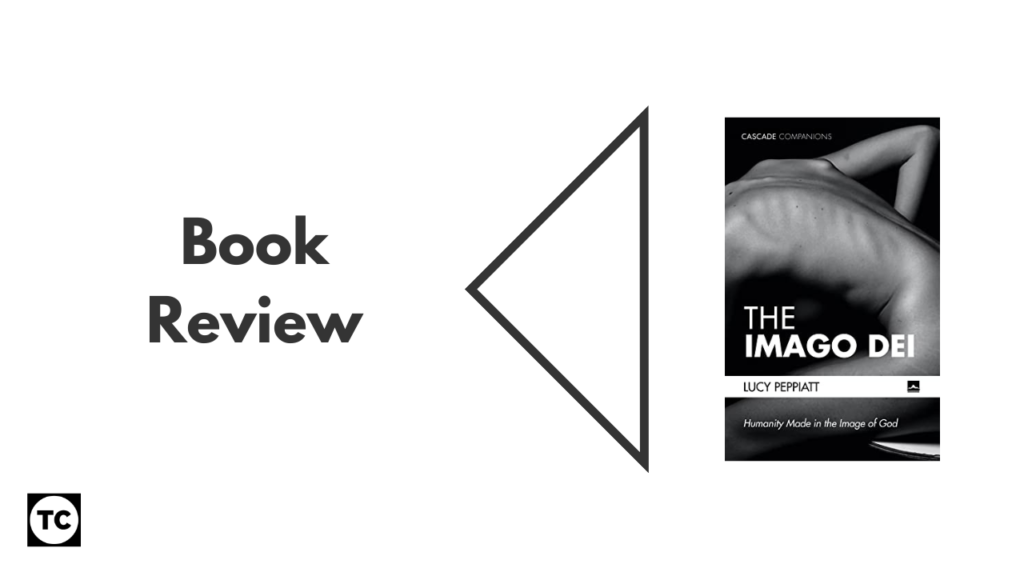
One of the books I picked up in the Denver conferences last week was this, something i’ve had my eye on ever since I saw it announced. Lucy Peppiatt, Principal of Westminster Theological Centre here in the UK, has written this short introduction to the Imago Dei for Wipf and Stock’s Cascade Companions.
The Imago Dei covers a lot in six short chapters. Throughout, Peppiatt engages with the biblical text and historical and contemporary voices – making this a useful read for someone looking to get a good introduction, or orienting for those of us wanting to get up to date (which, with a PhD proposal in the works on this topic, was much appreciated!). The various chapters engage with exactly what they say they will: ‘Substantialist and Noetic Perspectives’, ‘Kingship, Priesthood and Stewardship’ (This chapter was crying out for an extension into biblical theology, though the format precluded it), ‘Relational Models of the Imago Dei’, ‘Disputed Issues’ (Peppiatt in my reading deftly navigates the tension of remaining orthodox and including everyone – making this a valuable chapter as a model of helpful theological discourse), and two chapters on ‘Modern Perspectives’. Her short conclusion both sums up the field and it’s practical value: “Image of God theology, therefore, is really a great levelling doctrine“, as well as hinting at where Peppiatt might go next: “Finally, I wish to highlight the theme of glory…“.
The format – short, introductory – means that those of us looking for Peppiatt’s full thoughts on what it means to be human and how various identities intersect around that will be left wanting, though this is no bad thing. I could see this being a useful book for orienting students in ministry training courses and undergraduate theology/biblical studies degrees to what it means to talk about the Image of God – and it will be one that I recommend to people specialising in other theological/doctrinal fields wondering about this one.
As Peppiatt writes at the outset of her conclusion, “it is unlikely that one definition will succeed in saying all we might want to say about how humanity images God or where that image lies“. The genius of this book is in showing the depth and breadth of current and historic thinking about the topic, it’s constant reminder to do theology in dialogue with the biblical text and church tradition, and in being readable and concise. I would warmly recommend this book – even perhaps to those without theological education, as it is readable and accessible – whilst offering good footnotes and references for those wanting to dig deeper. I will revisit The Image of God in the future, I’m sure.
Leave a Reply